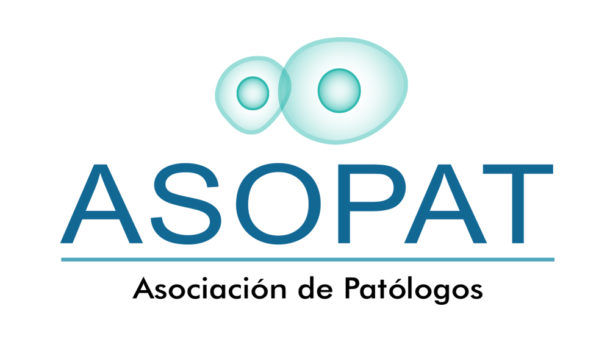The connection between science and literary works has long been a subject of same interest and exploration, with copy writers drawing inspiration from technological concepts and discoveries to be able to craft compelling narratives this captivate readers’ imaginations. In the portrayal of scientists seeing that heroes or villains on the exploration of ethical dilemmas in addition to philosophical questions raised by means of scientific advancements, fiction provides a rich and diverse lens through find more which to examine the complexities of the scientific enterprise.
One of several central themes in the area of science and reading is the representation of researchers as characters in fictional. Throughout literary history, analysts have been depicted in various tasks, ranging from brilliant innovators and intrepid explorers to morally ambiguous mad scientists and sinister villains. These portrayals often reflect societal perceptions towards science and scientists, as well as broader cultural worries and aspirations surrounding methodical progress and technological growth.
Moreover, the representation involving scientific ideas and concepts in fiction provides a podium for exploring complex technological theories and ethical dilemmas in a narrative context. Scientific research fiction, in particular, has long been any fertile ground for risky exploration of future technologies, alternate realities, and existential issues raised by scientific breakthroughs. Writers such as H. R. Wells, Isaac Asimov, along with Arthur C. Clarke possess crafted visionary narratives this push the boundaries involving scientific imagination and problem readers to contemplate the actual consequences of scientific finding.
Furthermore, literary works often grapple with the ethical ramifications of scientific research and also technological innovation, raising questions with regards to the responsible use of scientific understanding and the potential risks as well as benefits of new technologies. Classic tomes such as Mary Shelley’s «Frankenstein» and Aldous Huxley’s «Brave New World» explore typically the moral and ethical dilemmas posed by medical experimentation and technological advancement, warning of the dangers of unchecked scientific hubris and the erosion of human dignity within the pursuit of scientific advancement.
In addition to exploring the ethical dimensions involving science, literature also offers insights into the human experience of medical inquiry and discovery. Writers such as Richard Powers, Hazel Barrett, and Alan Lightman delve into the personal and psychological lives of scientists, discovering themes of passion, preoccupation, and intellectual curiosity that drive individuals to pursue technological inquiry. Through nuanced characterizations and richly textured narratives, these authors illuminate the human side of science, playing scientists as complex and also multidimensional individuals grappling with the joys and frustrations associated with discovery.
Moreover, the rendering of science in books serves as a means of fostering public engagement with methodical ideas and promoting research literacy. By weaving methodical concepts and principles in to narrative storytelling, writers possess the power to inspire curiosity as well as ignite the imagination, motivating readers to explore the wonders of the natural world and the mysteries of the cosmos. Additionally , literature can serve as a bridge between your scientific community and the majority of folks, fostering dialogue and conversation between scientists and nonexperts and fostering a much deeper appreciation for the value in addition to importance of scientific inquiry.
In the end, the intersection of science and literature offers a wealthy and fertile terrain regarding exploration and discovery, offering a platform for the representation of scientists, the exploration of scientific ideas, and the examination of the particular ethical and philosophical effects of scientific research. From the portrayal of scientists seeing that characters in fiction on the exploration of scientific concepts in addition to discoveries in narrative storytelling, literature offers a unique contact through which to examine the difficulties of the scientific enterprise as well as its impact on society and tradition. As we continue to grapple together with the challenges and opportunities of an increasingly technological world, the analysis of science in literature remains essential for fostering discussion, promoting scientific literacy, in addition to enriching our understanding of the human condition.


Comentarios recientes